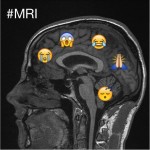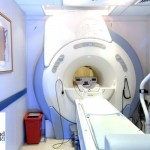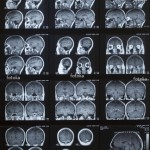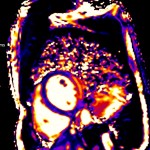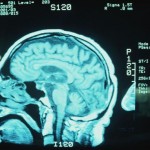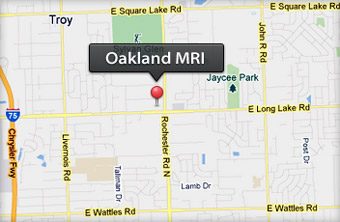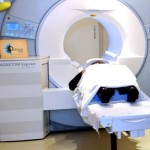 It’s been almost 40 years since the first human magnetic resonance (MR) pictures were taken. Along with decades of experience we’ve seen the development of custom sequencing and mind-boggling advances in computer processing. Yet there has been virtually no change in the length of exams.
It’s been almost 40 years since the first human magnetic resonance (MR) pictures were taken. Along with decades of experience we’ve seen the development of custom sequencing and mind-boggling advances in computer processing. Yet there has been virtually no change in the length of exams.
I was at a loss to explain it to my son a couple weeks ago, when he asked me why it took an hour to scan his shoulders. Before putting in the earplugs to guard against the other worldly noises of MR, he was coached by the technologist to stay as still as he could. Movement, he was told, might result in the need for a retake.
He spent an hour in that cylinder, about the same exam time for patients in the 1980s. I received a second dose of déjà vu when the summary of charges arrived. When my wife me asked me to guess, being something of a cynic, I price it at what I thought was the high-end — $2,500 maybe. I was 300% too low.

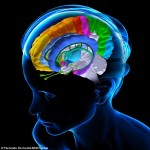 It has been long suspected that mothers can ‘pass on’ depression to their daughters.
It has been long suspected that mothers can ‘pass on’ depression to their daughters. A group of researchers from Russia, Australia and the Netherlands has developed a technology that can reduce magnetic resonance imaging (MRI) scanning times by more than 50 percent, allowing hospitals to drastically increase the number of scans without changing equipment. This extraordinary leap in efficiency is achieved by placing a layer of metamaterials on the bed of the scanner, which improves the signal-to-noise ratio. The details of this experimental research are available in the current issue of Advanced Materials. This patent-pending technology is currently being co-developed by MediWise, a U.K.-based company that specializes in commercializing metamaterials for medical applications.
A group of researchers from Russia, Australia and the Netherlands has developed a technology that can reduce magnetic resonance imaging (MRI) scanning times by more than 50 percent, allowing hospitals to drastically increase the number of scans without changing equipment. This extraordinary leap in efficiency is achieved by placing a layer of metamaterials on the bed of the scanner, which improves the signal-to-noise ratio. The details of this experimental research are available in the current issue of Advanced Materials. This patent-pending technology is currently being co-developed by MediWise, a U.K.-based company that specializes in commercializing metamaterials for medical applications. 